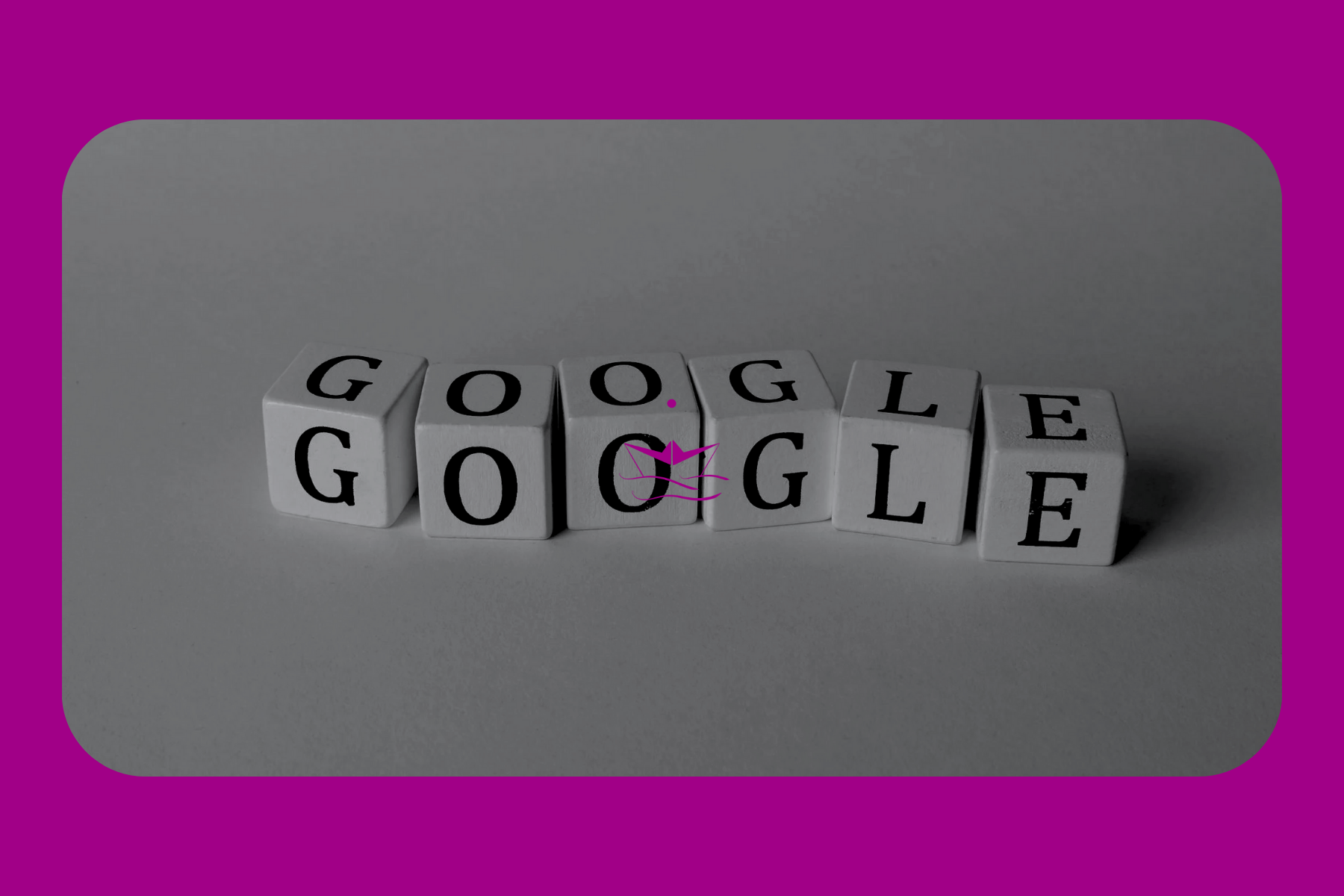What's Knowing? To Google for Self
For a long time, within the therapeutic paradigm I inhabit, I’ve been observing the thought patterns that shape how we define ourselves. Echoes of Descartes’ “I think, therefore I am”—a statement whose relevance we now try to gently transform—still resound, pushing us to validate our existence through our intellect. In our pursuit of self-awareness, we often resort to didactic knowledge, “Googling” ourselves as if we were data points. What’s going on with me? Who am I? What should I eat? What should I think?
(We’re even starting to “ChatGPT” ourselves a little.)
The general assumption that humans are the only rationally thinking animals often leads us to revere what we assume sets us apart from other beings. Yet, as artificial intelligence evolves at a pace we can hardly keep up with, it’s no stretch to imagine it soon overshadowing our prized rationality. Still, concepts like understanding ourselves, discovering who we are, or finding meaning in life—these ideals are largely approached through mere intellectual reasoning. More so, we often consume knowledge from books or others’ opinions without filtering or questioning. Yes, “Knowledge is virtue,” as Socrates said, but what does it mean to know?
What Is Knowing?
For most of us, knowing involves defining an idea or concept in mental terms, articulating it verbally, and giving it boundaries through words. And the more layers we add to our verbal knowledge, the more complex we make it with terminology, especially through modern scientific and neurological concepts, the more we feel we “know” ourselves. Concepts and definitions do exist, yet when we cling to them as if they’re the only indicators of reality, they become rigid structures we get trapped within.
The truth is, when the mind is overly involved, it’s often a sign that we don’t truly understand. If we consider knowledge as more of a state rather than something we can rationalize, we transcend this mind-bound selfhood. Knowing becomes a state of being. We sense whether someone truly understands something not through their verbal explanations but through the embodied, instinctive quality they convey. Imagine someone explaining a topic with theoretical detail but you can pick up on the tension and insistence in their tone.
Intuition isn’t some superhuman skill reserved for a few mystics; it’s an inherent signal, much like a language we’re already familiar with. Sometimes, we simply know—even if we aren’t aware that we do. Or, we may hold onto what we think knowledge should be so tightly that it’s never enough; we keep seeking more cognitive information.
Expanding the State of Knowing
Recognizing that we have multiple facets—intellectual, emotional, instinctual, sensory, relational, spiritual, animal—positions us beyond just an intellectual understanding of knowing. Thoughts may seem the most “real” to us, even though we can’t physically touch them, tricking us into believing our mind is our most concrete aspect. Yes, we hear our thoughts—they’re usually with us all day.
Interestingly, our bodies are with us all day too, though they remain mostly silent, unless they send signals through pain, discomfort, or fatigue. Those with a practice of connecting to the body can experience its presence without such signals, but generally, the body is preoccupied with living and invites us to join in. The body as our “home” here on earth is a well-worn metaphor, yet it remains an accessible way for our minds to comprehend this idea.
It’s common to think of the brain as the organ producing the mind (see *Connectivity: Companionship* by Türker Kılıç), yet we don’t have concrete evidence of this. The mind’s “fabric” could well be fed by the whole body, or perhaps even by a part of ourselves we don’t consciously see.
Feeling, emoting, sensing, spiritually believing, intuiting, thinking, foreseeing—these are terms we often use to describe facets of human life but can rarely differentiate. They are difficult to explain in words, but with words, we may still be able to explore where they reside within us.
Observing how all these elements serve a holistic state of knowing, nourishing each other and finding their roles when we let them be, reveals a balanced synergy. Of course, rational thought may still want to take over—it’s hard to let go of the idea that we exist because we think.
We still believe knowing more will make us more.
But perhaps, sometimes, “not knowing is the greatest virtue.”
Let’s delve deeper into this in the next blogs.


